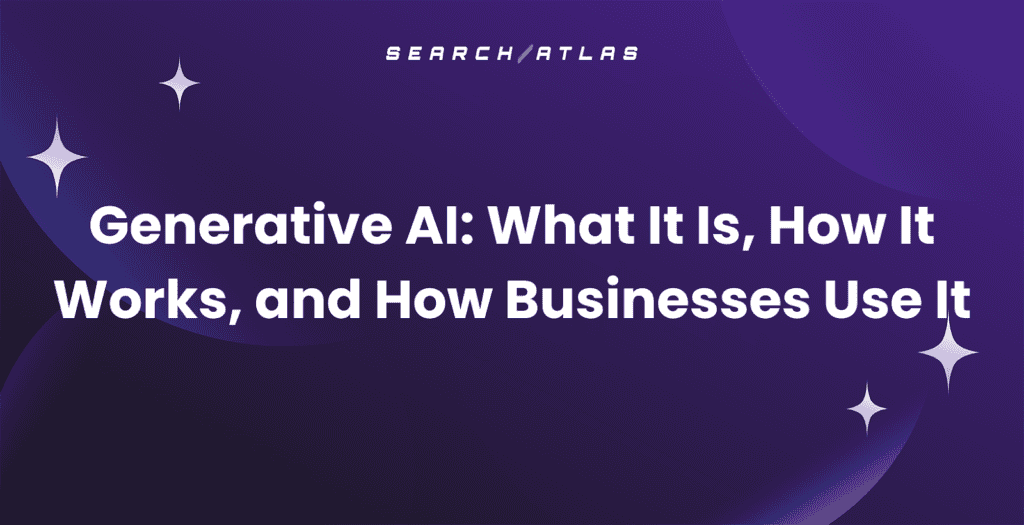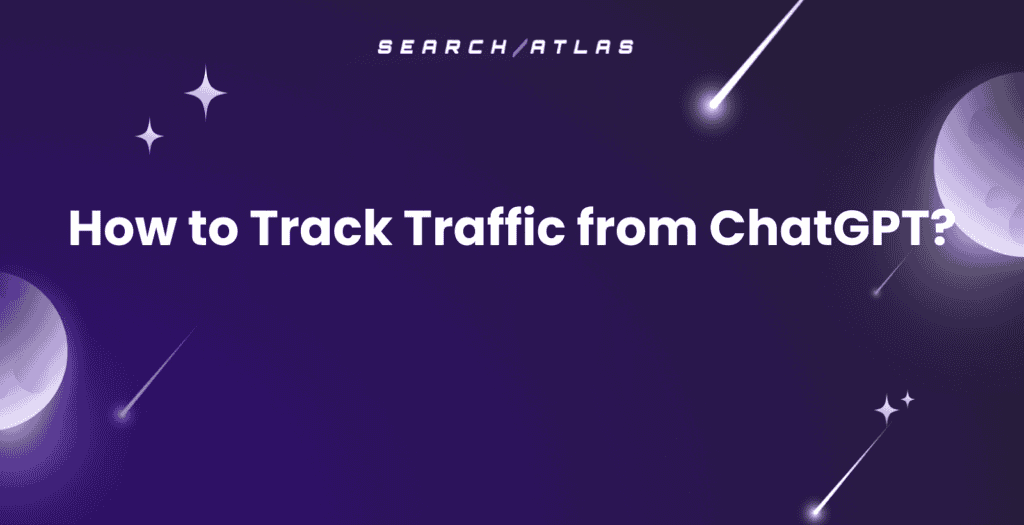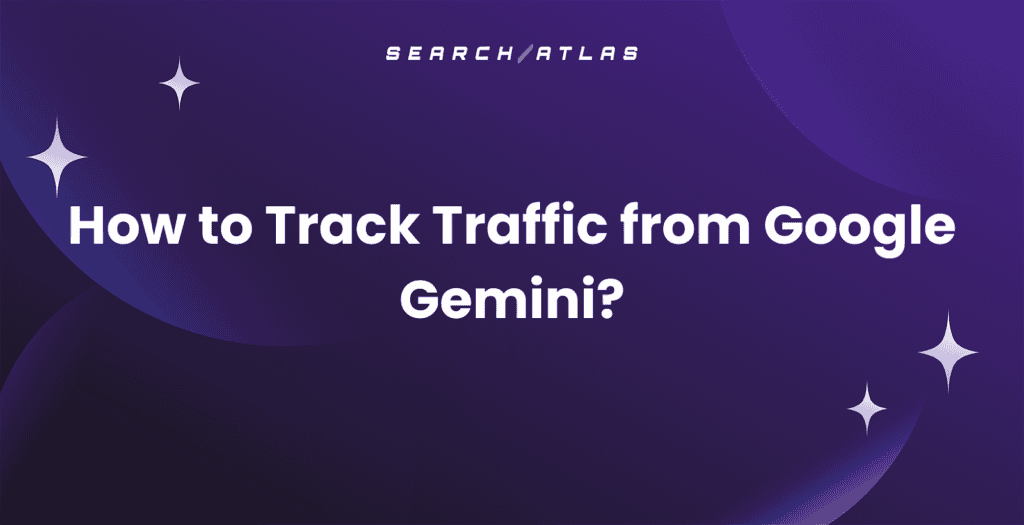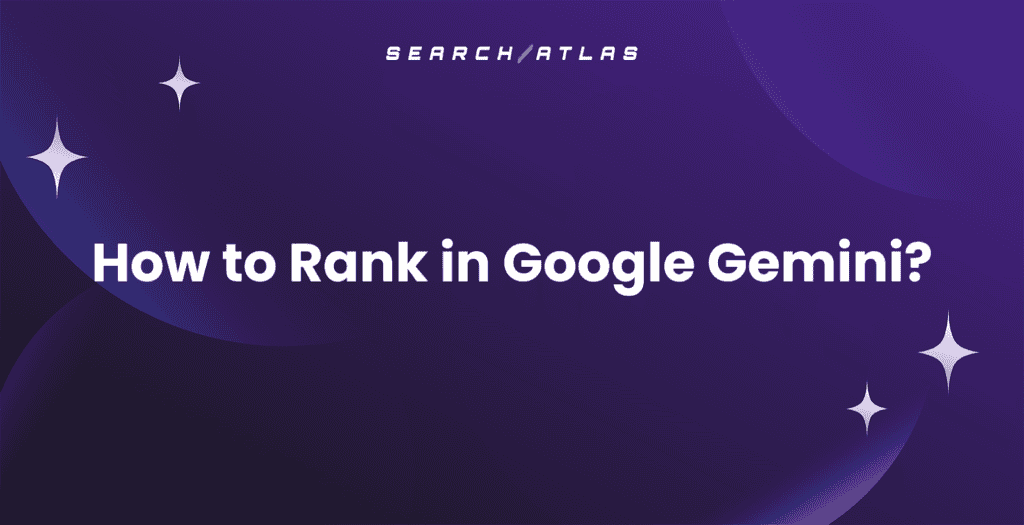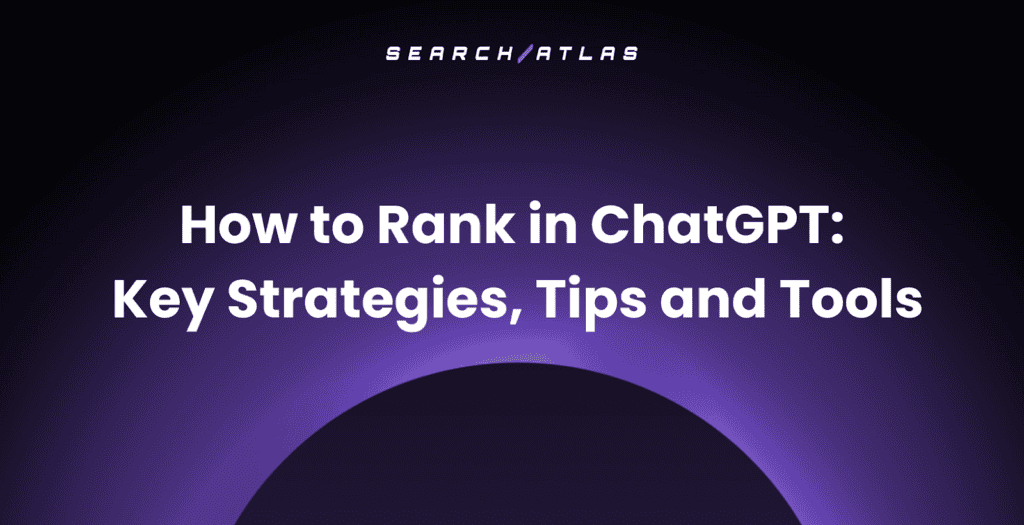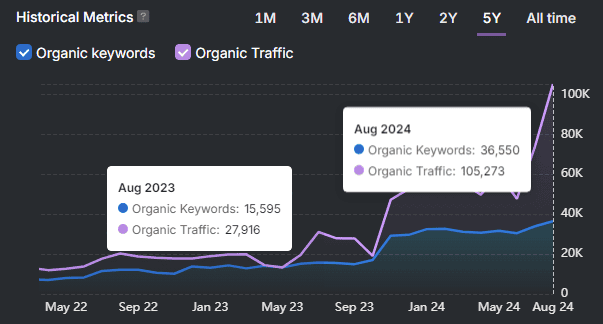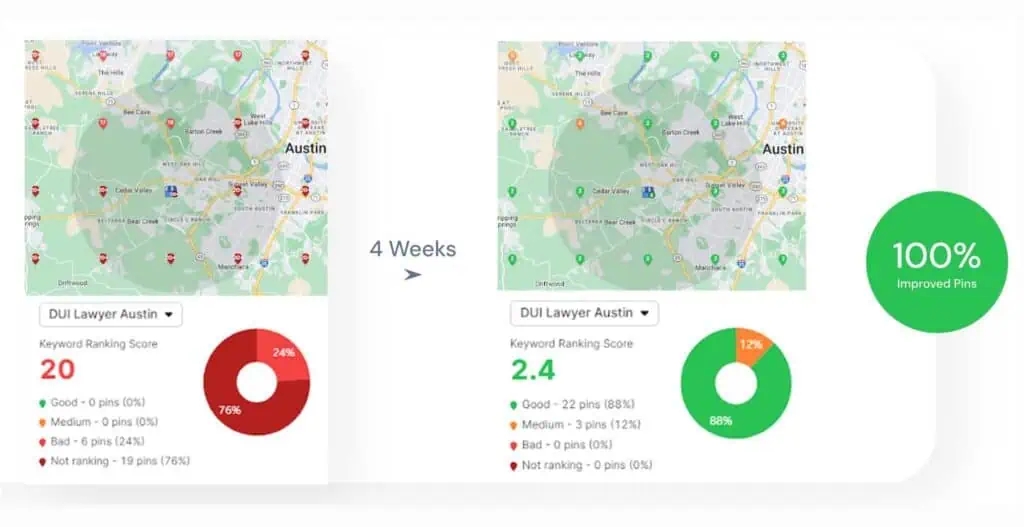The decision between Slim SEO vs. Yoast often comes down to your specific needs and preferences for SEO management. Both plugins offer robust features, but they cater to different user priorities.
Slim SEO is built for simplicity, providing a straightforward approach to SEO without unnecessary complexities. It’s a solid choice for those who want essential SEO features in a streamlined, easy-to-use package.
Yoast, on the other hand, offers a more extensive range of features with a focus on in-depth guidance and optimization across all aspects of SEO. It’s tailored for users who seek a more hands-on approach with detailed insights and advanced capabilities.
In this comparison, we’ll examine the key differences between Slim SEO and Yoast, exploring their features, pricing, and the types of users each plugin best suits. By the end, you’ll have a clearer sense of which one meets your SEO needs in 2025.
What Is Slim SEO?
Slim SEO is built for WordPress users who want clean, efficient SEO tools without a learning curve. Unlike more complex plugins that ask you to configure every setting manually, Slim SEO focuses on automation.
It handles the essentials right out of the box, with no wizards, no extra add-ons, and no clutter. Its minimalist approach makes it especially appealing to solo creators, bloggers, and developers who want to keep their site lean while still benefiting from core SEO best practices.
Despite its simplicity, Slim SEO still manages to cover a surprising amount of ground, including technical SEO, structured data, and redirects.
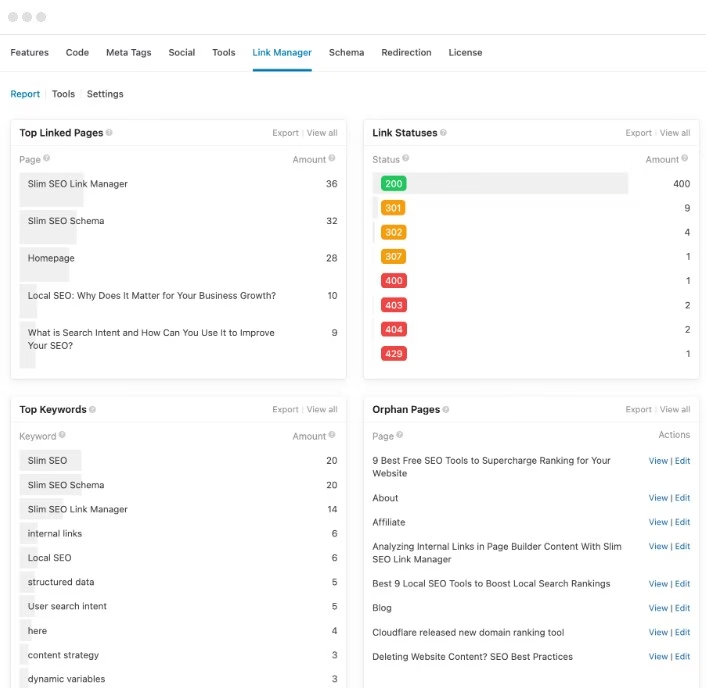
From meta tags to sitemaps, Slim SEO automates what many plugins require you to set up manually. It automatically generates and updates your XML sitemap, helping search engines index your site efficiently.
Breadcrumb functionality is included via shortcode, letting you enhance site navigation without extra plugins. Slim SEO creates structured data (JSON-LD schema) for your pages and posts, increasing your visibility in rich search results.
Slim SEO Popular Features
Slim SEO covers a lot with very little effort on the user’s part.
- Automated XML Sitemaps: Keeps your site crawlable and index-friendly with zero configuration.
- Schema Markup (JSON-LD): Adds structured data for articles, products, and local businesses.
- Breadcrumb Support: Simple shortcode-based implementation to improve UX and SEO.
- Meta Tag Generation: Automatically generates titles, descriptions, and Open Graph data.
- Redirect Management: Built-in tools for 301 redirects and error handling.
- Custom Field Integration: Supports ACF and Meta Box for more dynamic SEO control.
Slim SEO Pricing Structure
Slim SEO Core is free to use. For users who need extended functionality, the plans are as follows.
- Slim SEO Pro: Ranging from $59/year to $179/year, depending on the number of websites.
- Slim SEO Schema: Ranging from $49/year to $129/year, depending on the number of websites.
- Slim SEO Link Manager: Ranging from $49/year to $129/year.
What Is Yoast?
Yoast SEO is one of the most established WordPress plugins for on-page optimization, built to support users of all experience levels.
Whether you’re publishing blog posts, managing product pages, or editing landing content, Yoast offers real-time guidance right inside the WordPress editor.
Instead of relying solely on manual checks, Yoast gives you instant feedback on how your content aligns with SEO best practices. It evaluates everything from keyword usage and meta tags to readability and internal linking, making it easier to fine-tune content before you hit publish.
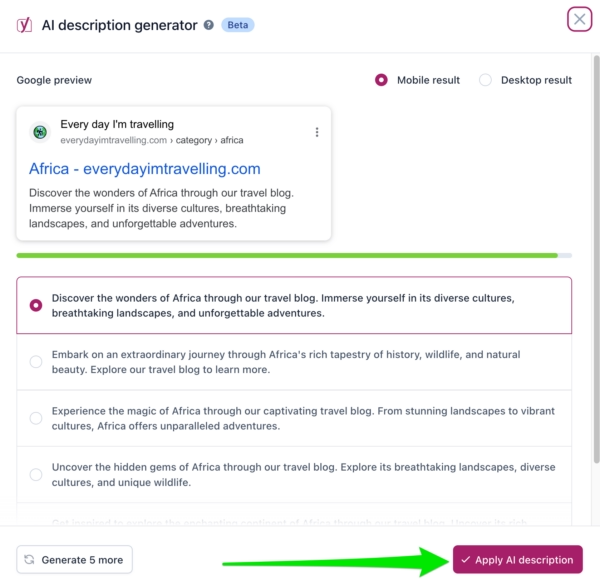
The plugin is available in both free and premium versions. The free version covers the basics, while the premium upgrade unlocks automation tools, AI-generated meta tags, redirect management, and support for multiple keyword phrases.
Yoast SEO includes structured data features and integrations for WooCommerce, local SEO, and video content, giving users a broader toolkit as their site grows.
Yoast Popular Features
Yoast SEO comes with a wide range of tools designed to improve how your site appears in search engines.
- Focus Keyword Optimization: Analyze how well your content targets your chosen keyword or phrase.
- Snippet Preview: See how your title and meta description will appear in Google results before publishing.
- Readability Analysis: Get feedback on passive voice, sentence length, and transition words to improve user experience.
- Internal Linking Suggestions: Automatically recommend related posts and pages to improve site structure.
- Orphaned Content Checker: Identify pages that aren’t linked from elsewhere on your site.
- AI-Powered Meta Generator: Use AI to automatically create optimized title tags and meta descriptions.
Yoast Pricing Structure
Yoast offers a flexible pricing model that works for beginners and professionals alike.
- Free Plan: keyword optimization, readability checks, and basic SEO settings.
- Premium Plan: $99/year, includes advanced keyword support (up to 5 keyword variations), smart internal linking, automatic redirects, and AI-powered suggestions.
- Plugin Plan: $229/year, adds specialized plugins for WooCommerce SEO, local SEO, video SEO, and news content.
Slim SEO vs. Yoast: Which WordPress SEO Plugin Fits Your Workflow?
Choosing between Slim SEO and Yoast often comes down to how much guidance you want versus how much you’d rather automate. That’s where the difference between Slim SEO and Yoast becomes clear.
In this comparison, we’ll break down how these two plugins handle key aspects of SEO.
1. Content Optimization
Slim SEO automates much of this content optimization process. It handles meta titles and descriptions in the background, with no in-editor feedback or keyword guidance. The plugin works well for those who prefer minimal input and fewer on-screen prompts.
Yoast offers in-editor content analysis, keyword optimization tools, readability checks, and snippet previews. It actively guides users while they write, flagging SEO issues and offering improvement tips in real time. Its premium version expands keyword support and introduces internal linking suggestions and orphaned content checks.
Winner: Yoast
Yoast wins this category for its hands-on approach to content optimization. It provides actionable feedback while you write, something Slim SEO doesn’t aim to do.
2. Technical SEO
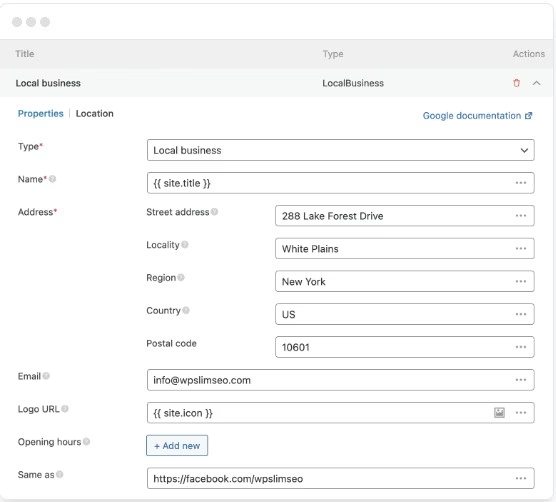
Slim SEO shines with automation. It handles XML sitemaps, redirects, canonical URLs, schema generation, and meta tags without the need for manual setup. It’s built for users who want technical SEO done for them, quickly and quietly.
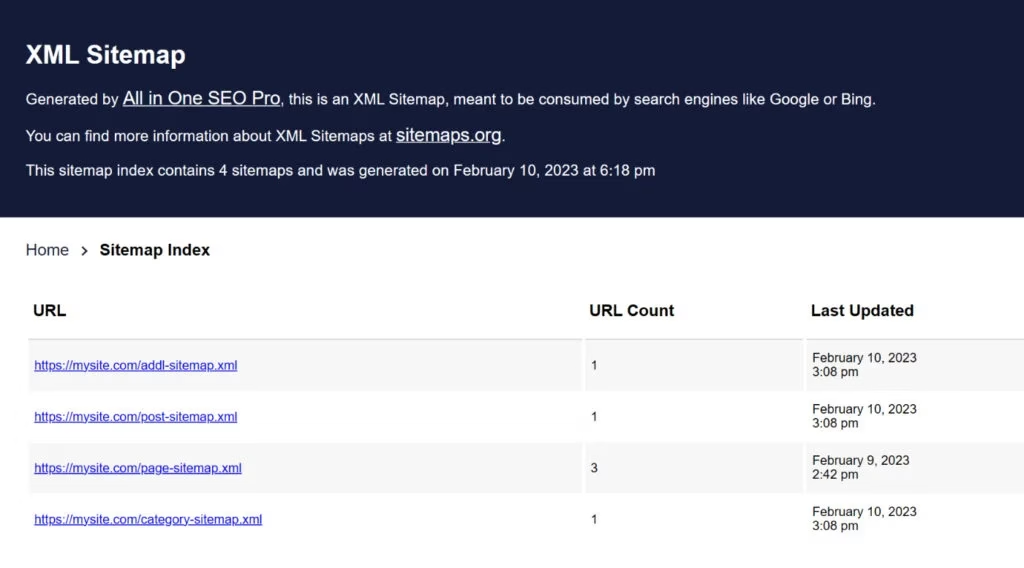
Yoast offers similar technical SEO tools, but many features, like redirect management and advanced schema configuration, are locked behind the premium version. It’s more customizable but requires user input and configuration.
Winner: Slim SEO
Slim SEO edges out Yoast here by delivering more technical SEO features out of the box, without needing upgrades or manual setup.
3. Schema Markup
Slim SEO includes auto-generated JSON-LD schema for pages, posts, and breadcrumbs, and it works seamlessly with custom fields via ACF and Meta Box. This is valuable for sites with dynamic content that need structured data.
Yoast supports schema, with a visual block-based schema builder in premium. However, it leans toward basic implementation in the free version, with limited customization unless you upgrade.
Winner: Slim SEO
Slim SEO offers more flexible schema output for free, including support for custom fields and plugins. Yoast’s schema tools are strong, but not as accessible without a paid plan.
4. Plugin Size & Performance
Slim SEO has a lightweight codebase and minimal visual elements, so it doesn’t slow down your admin panel or frontend. It’s built with performance in mind and integrates well with lean WordPress themes.
Yoast includes several UI panels, notifications, and additional database entries for features like internal linking and analysis. Over time, this can add weight to your site, especially on large installs.
Winner: Slim SEO
Slim SEO takes the lead here. It’s small, efficient, and optimized for speed, making it a better choice for performance-focused builds.
5. Integration & Compatibility
Slim SEO supports integration with custom field plugins, and it can work alongside other SEO tools, but it lacks official add-ons for major builders or e-commerce plugins.
Yoast has broader compatibility with WordPress plugins and services. It offers native support for WooCommerce, Elementor, and even third-party SEO tools through its paid extensions.
Winner: Yoast
Yoast wins this category with its broader integrations and ecosystem of extensions. It’s built to plug into complex site setups and content workflows.
6. Pricing
Slim SEO is completely free and includes its full set of features out of the box. There are no paid upgrades or upsells.
Yoast offers a free version with basic SEO tools, but most of its advanced functionality—like internal linking, redirect manager, and multiple focus keywords—is gated behind a $99/year subscription.
Winner: No clear winner
It really depends on whether you value simplicity or guided control. But if you’re looking for something that blends automation, advanced features, and real-time publishing across platforms, the next option might be what you’ve been waiting for. 👀
Take Control of Your SEO Like Never Before With Search Atlas
Slim SEO and Yoast offer reliable features for WordPress users, but their impact tends to stop at the page level. You need more than just a plugin if you’re managing complex sites, running multiple campaigns, or building a long-term SEO strategy.
Search Atlas goes beyond basic optimization to deliver a full-stack SEO platform. From intelligent content creation to technical diagnostics and performance tracking, it gives you the tools to do serious SEO without patching together multiple platforms.
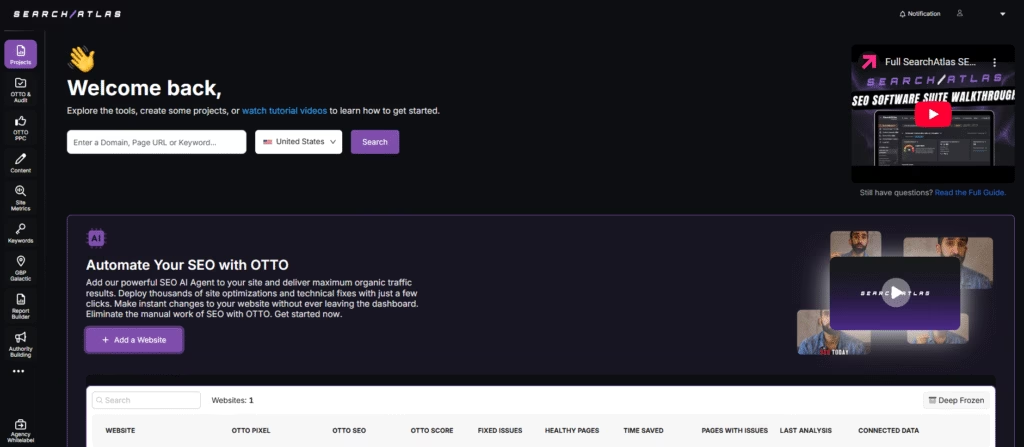
Search Atlas Features
What sets Search Atlas apart is its ability to centralize everything. Instead of juggling five different tools for content, keyword research, audits, and rank tracking, you get a single workspace that scales with your business.
Content Genius
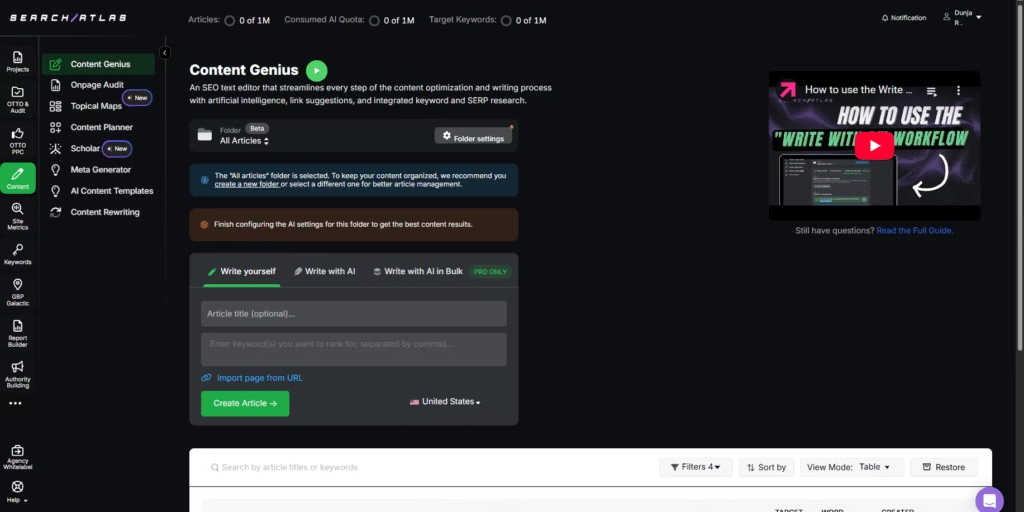
Search Atlas includes Content Genius, a tool that uses real-time data and AI to help you plan, create, and optimize content. But unlike standard writing tools, it does much more than suggest keywords.
- Build outlines based on SERP and competitor analysis
- Optimize with NLP-driven recommendations (not just basic keyword density)
- Get headline and subheading suggestions that align with ranking factors
- Push content live to WordPress with one click
- Target local SEO with location-aware recommendations
It’s like having an SEO strategist, editor, and publishing assistant built into one interface.
OTTO
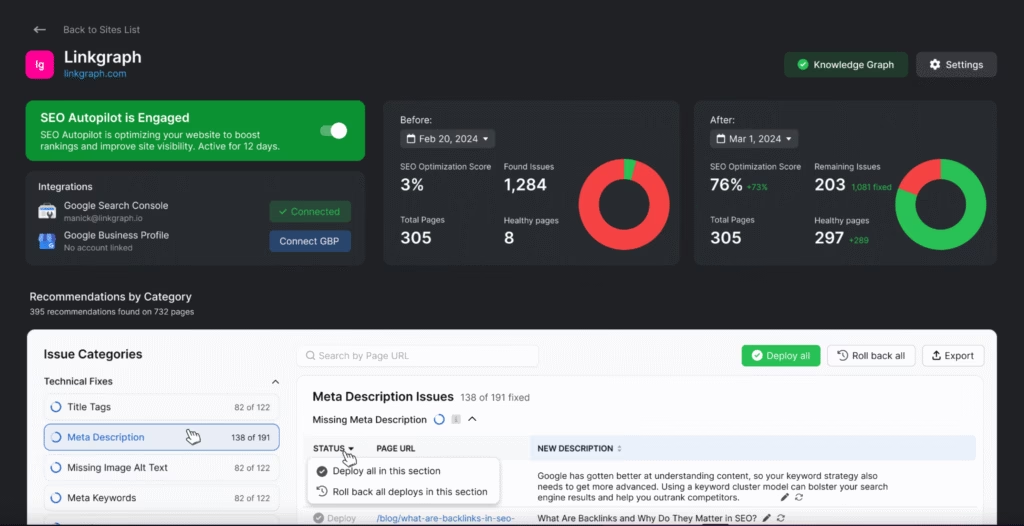
Search Atlas includes OTTO, your AI-powered assistant for site health. But OTTO doesn’t just audit your site—it helps you fix it.
- Automatically rewrite meta titles and descriptions at scale.
- Flag crawl errors and offer one-click solutions.
- Rebuild broken internal linking structures.
- Identify thin content, orphaned pages, and redirect chains.
Where most plugins flag problems, OTTO acts on them, without needing dev time.
Link Building
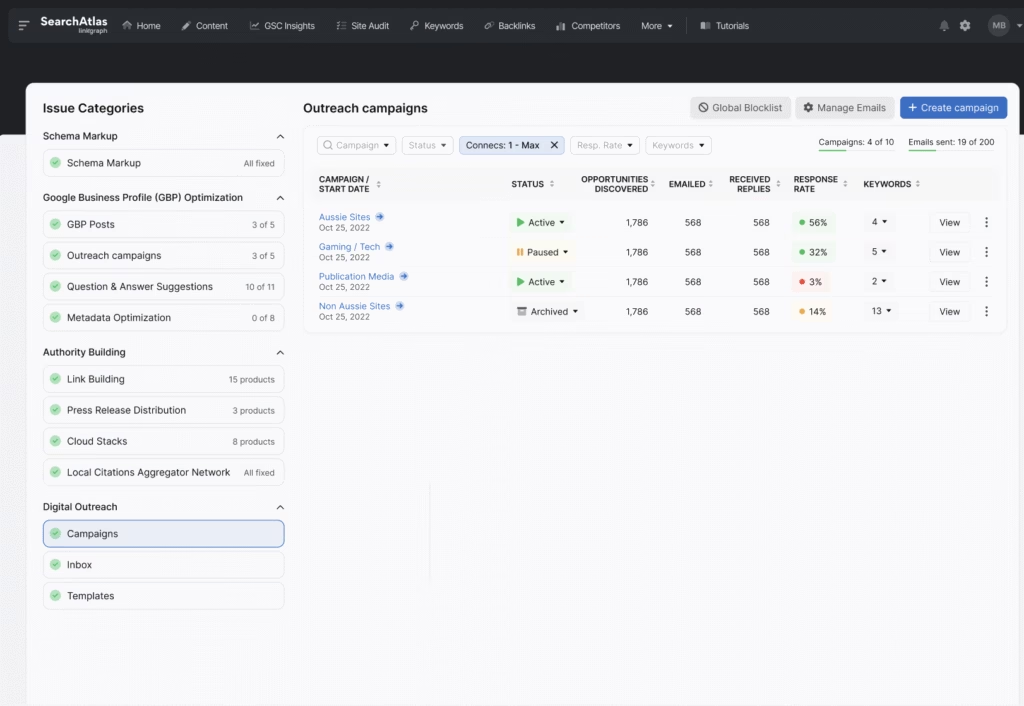
Unlike WordPress plugins that stop at on-page SEO, Search Atlas gives you tools to actually build authority through backlinks. Its link building tools help you find opportunities, monitor existing links, and create outreach strategies, all from the same platform.
This makes link building proactive and strategic, rather than just reactive. You can close competitive gaps, grow your authority, and track your efforts without ever leaving the Search Atlas dashboard.
Search Atlas Pricing
Search Atlas includes full access to everything, just scale based on how many sites and team members you manage.
| Starter plan | Growth plan | Pro plan | |
|---|---|---|---|
| Price | $99/month | $199/month | $399/month |
| Free OTTO activation | 1 | 2 | 4 |
| User seats | 2 | 3 | 5 |
| GSC Site Projects | 5 | 15 | Unlimited |
| Content Assistant Keywords | 120 | 300 | 600 |
| On-Page In-Depth Audits | 40 | 100 | 200 |
| Content Plans | 40 | 100 | 200 |
| Pages / Articles Created | 40 | 100 | 200 |
| Full Article Generation Quota | 30 | 60 | 90 |
| Regular AI Quota | 100 | 250 | 99,999 |
| Site Auditor Projects | 5 | 10 | 100 |
| Keyword Rank Tracking Projects | 20 | 50 | 1,000 |
| Keyword Research Lookups | 500 | 2,000 | 5,000 |
| Competitor Research Credit | 2,000 | 20,000 | 50,000 |
Ready to Supercharge Your SEO?
Slim SEO and Yoast help you manage SEO tasks within WordPress, but both are still bound by plugin limitations. While they simplify your workflow, they don’t provide the flexibility and scale many users need for long-term SEO growth.
Search Atlas goes beyond these constraints, offering a unified platform that brings together content creation, technical SEO, backlink tracking, and competitor analysis in one place.
It’s an all-in-one solution designed to scale with your SEO needs—whether you’re optimizing a blog, running an e-commerce site, or managing multiple domains.
No more switching between plugins or juggling separate tools. With Search Atlas, your SEO is more powerful, streamlined, and integrated.
Start your free trial now and experience how Search Atlas can take your SEO strategy to the next level!



